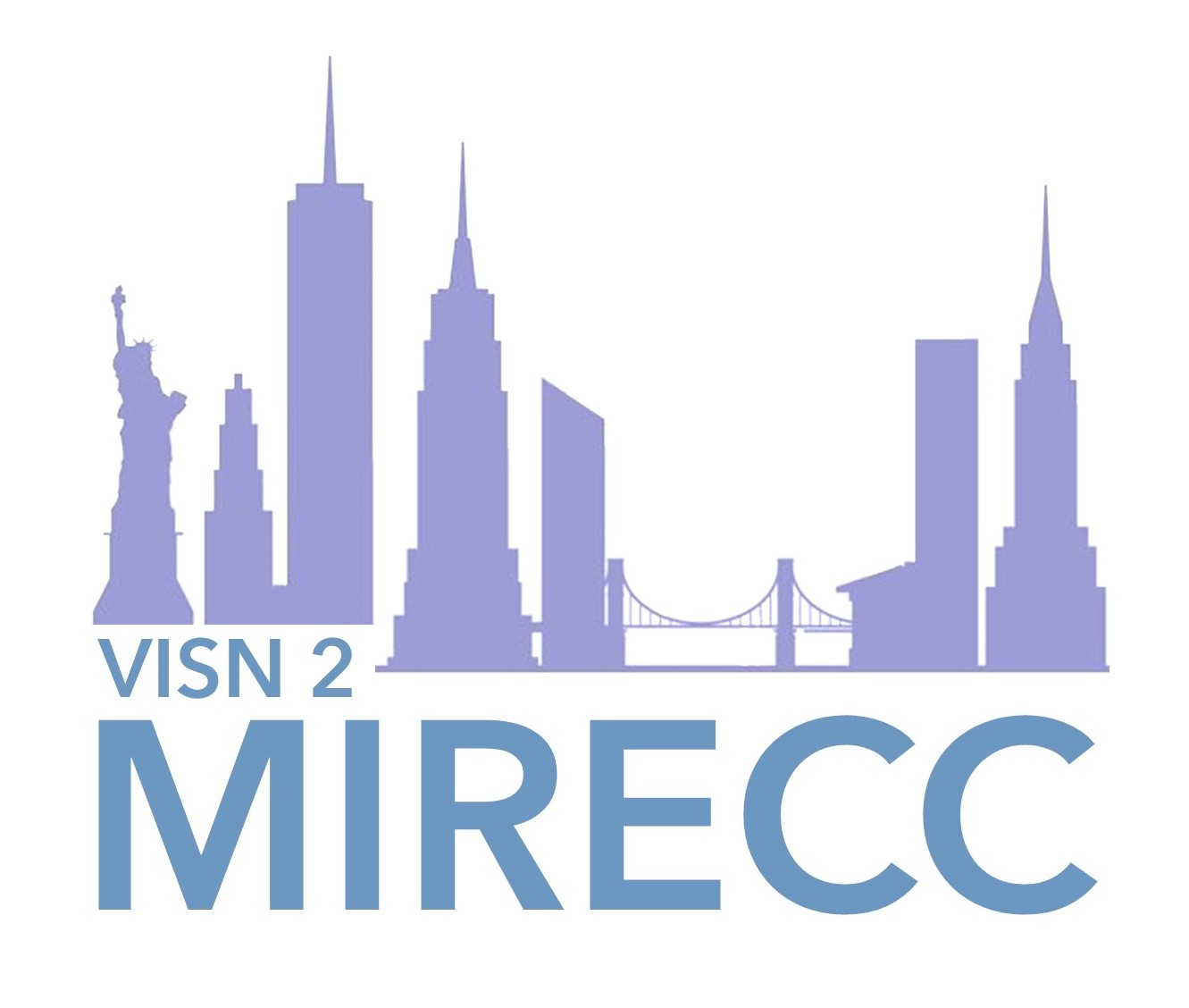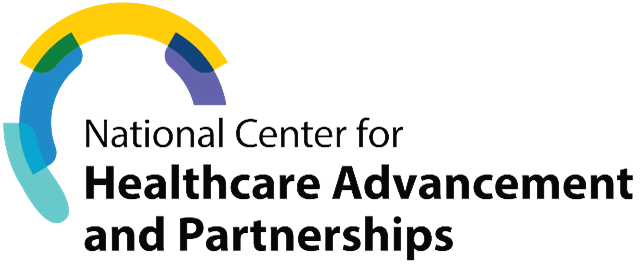Attention A T users. To access the menus on this page please perform the following steps.
1. Please switch auto forms mode to off.
2. Hit enter to expand a main menu option (Health, Benefits, etc).
3. To enter and activate the submenu links, hit the down arrow.
You will now be able to tab or arrow up or down through the submenu options to access/activate the submenu links.
Locator
Contact
Search
Menu
Menu
- MIRECC / CoE
- MIRECC / CoE Home
- Education
- Fellowships
- MIRECC-CoE Awards
- VISN 1 New England MIRECC
- VISN 2 Center for Integrated Healthcare
- VISN 2 CoE - Suicide Prevention
- VISN 2 New York MIRECC
- VISN 4 Philadelphia and Pittsburgh MIRECC
- VISN 5 Capitol MIRECC
- VISN 6 Mid-Atlantic MIRECC
- VISN 16 South Central MIRECC
- VISN 17 CoE - Returning War Veterans
- VISN 19 Rocky Mountain MIRECC
- VISN 20 Northwest MIRECC
- VISN 21 Sierra Pacific MIRECC
- VISN 22 Desert Pacific MIRECC
- VISN 22 CoE - Stress and Mental Health
- CESATE – Seattle
- NCPTSD
- More Health Care
- Veterans Health Administration
- Health Benefits
- Conditions & Treatments
- Wellness Programs
- Locations
- Research
- Special Groups
- Careers, Job Help & Training
- About VHA
Veteran Sponsorship Initiative

Veteran Sponsorship Initiative
Transitioning out of the military can be a challenging experience associated with stressors, decreased social connections, and increased risk for mental health problems. Many Veterans encounter significant challenges finding employment, education, housing, and purpose. The Veteran Sponsorship Initiative (VSI) is an evidence-based program designed to reduce post-military stressors by matching transitioning service members with VA healthcare, community-based peer support, and other resources.VSI collaborates with the Department of Defense (DoD), national nonprofit organizations, and numerous community-based organizations to help Veterans. VSI is co-directed by the VA VISN 17 Center of Excellence for Research on Returning War Veterans and the VA VISN 2 Mental Illness, Research and Education Center. These VA centers are leaders in developing and evaluating innovative treatments and training clinicians and community providers to address healthcare needs in active duty servicemembers and Veterans.
 |
If you are a Servicemember or Veteran looking for assistance in your new hometown, click here |
 |
If you are a interested in helping a Servicemember in their transition to civilian life, click here |
 |
If you are a Community Organization with expertise in assisting Veterans, click here |
Hannon Act
The VSI is aligned with Section 101 of the Commander John Scott Hannon Veterans Mental Health Care Improvement Act which provides for the provision of care for Veterans during their first-year after military service. This population is vulnerable to suicide, as Veterans experience a threefold increase in rates of suicide during the first year after military service compared to other Veterans. The youngest Veterans are at the highest risk of suicide as their rate of suicide has doubled over the last 13 years. Research suggests that the VSI may help reduce psychological pain and increase social connectedness in Veterans, thus decreasing the risk of suicide.For More Information
 |
 |
 |
 |
 |
 |
 |



















